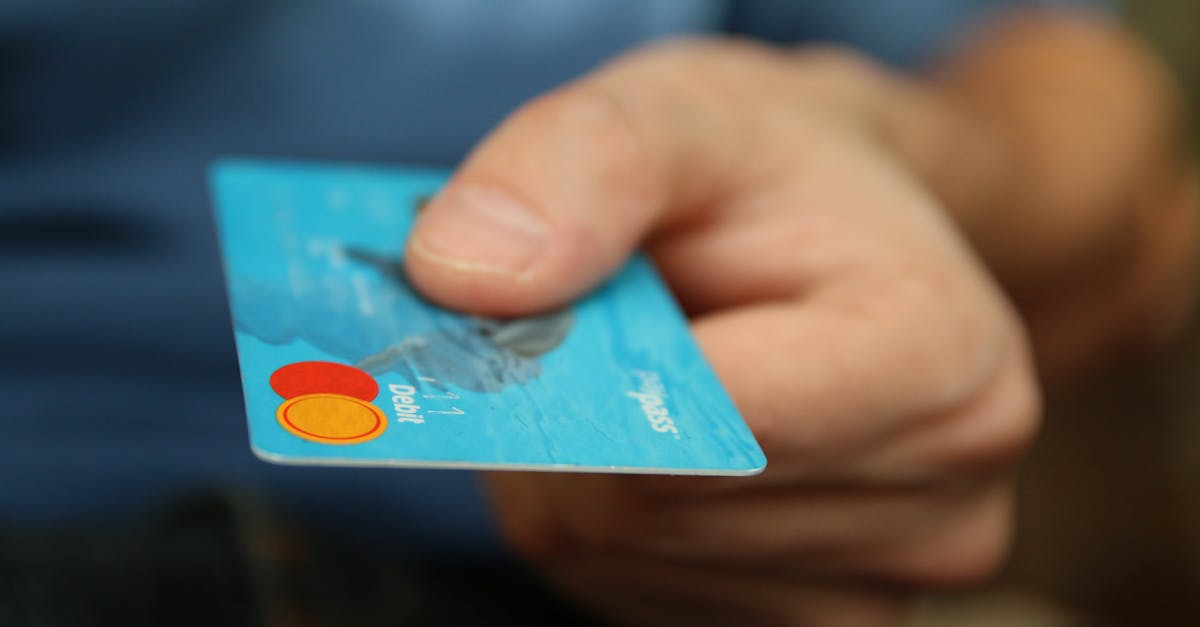Recent data paints a concerning picture for Hawaii's economic outlook, revealing a significant decline in consumer confidence. According to a report from KHON2, consumer confidence plummeted by 27% between May 2024 and May 2025. This downturn has implications for various sectors across the islands, particularly those reliant on consumer spending and investment.
The erosion of consumer confidence could translate into reduced spending on leisure activities, impacting the tourism and hospitality industries. With fewer people feeling optimistic about their financial futures, discretionary spending, such as dining out, entertainment, and travel, is likely to decrease. This aligns with a broader trend, as consumer sentiment across the U.S. is also declining. The Conference Board reported a fall in consumer confidence in March 2025, driven by pessimism among those over 55.
Furthermore, a decline in consumer confidence often affects investment decisions. Individuals and businesses may be hesitant to invest in new ventures or expand existing operations when facing economic uncertainty. This cautious approach could slow down business growth and job creation in Hawaii. A University of Hawaiʻi news report predicts a contraction in employment in 2026, with the greatest losses in the public and visitor-related sectors, emphasizing the potential long-term repercussions of diminished confidence.
Given the current economic climate, businesses in Hawaii should be prepared to adapt to changing consumer behavior. Focusing on value, offering competitive pricing, and emphasizing financial stability may become increasingly important strategies. Investors should carefully assess the potential risks associated with projects that are highly dependent on consumer spending. Moreover, keeping a close eye on economic indicators and staying informed about market trends is essential for navigating the period ahead.



